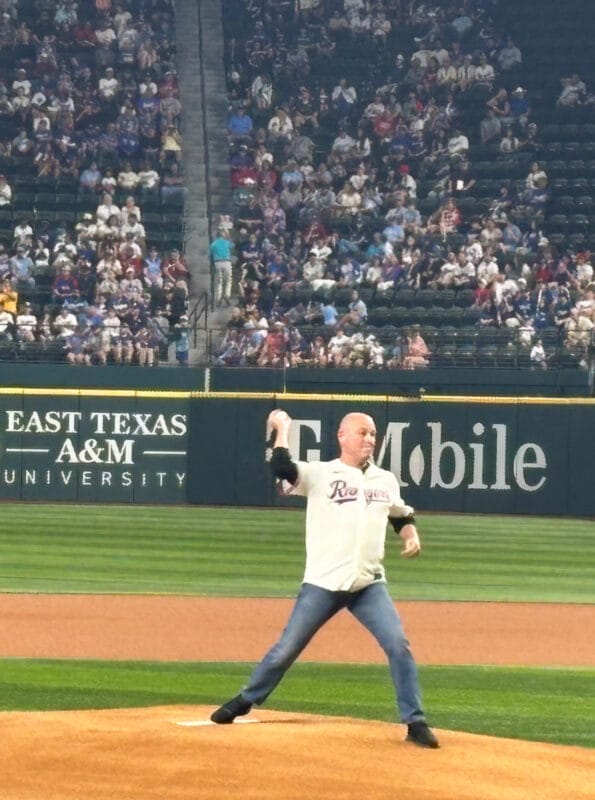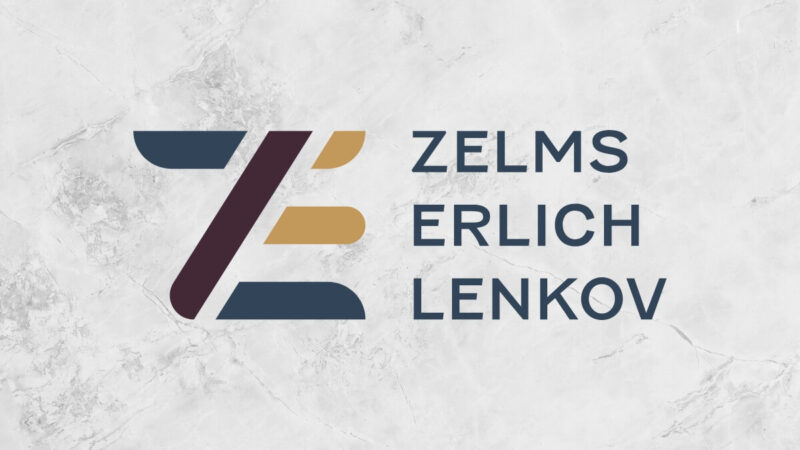Rinat Klier Erlich
Penal Code Section 396 discusses overpricing of goods and services following state of emergency or major disaster. Fire is included as an emergency under the Code section. The Code explains:
“While the pricing of consumer goods and services is generally best left to the marketplace under ordinary conditions, when a declared state of emergency or local emergency results in abnormal disruptions of the market, the public interest requires that excessive and unjustified increases in the prices of essential consumer goods and services be prohibited.”
The Code does not include all lists of goods (for example, it does not address home sales) but it states: “This section be liberally construed so that its beneficial purposes may be served.” This means that the application of the Code can easily be expanded.
The overpayment price restriction is limited to 30 days and 10%. If the increase is higher, the provider of goods must prove that their costs were also higher to justify the increase.
As to rents, the Code states:
“It shall not be a defense to a prosecution under this subdivision that an increase in rental price was based on the length of the rental term, the inclusion of additional goods or services . . . with respect to furniture, or that the rent was offered by, or paid by, an insurance company, or other third party, on behalf of a tenant. This subdivision does not authorize a landlord to charge a price greater than the amount authorized by a local rent control ordinance.”
The rental price overpayment is determined on whether the property as offered for rent within one year of the emergency declaration. But “for housing not rented and not offered for rent within one year prior to the proclamation or declaration of emergency, 160% of the fair market rent established by the United States Department of Housing and Urban Development. This amount may be increased by 5% if the housing is offered for rent fully furnished. This amount shall not be adjusted for any other good or service, including, but not limited to, gardening or utilities currently or formerly provided in connection with the lease.”
The 30-day limit may increase by the government declaration up to 180 days, and it also acts as a moratorium on evictions. However, “this section does not prohibit an owner from evicting a tenant for any lawful reason.” Notwithstanding, no rent should be increased in violation of rent control law and other regulations affecting the property at issue.
Violation of this Code is punishable by up to 1 year imprisonment and $10,000 fine. It can also subject the person violating to a civil lawsuit for damages.


